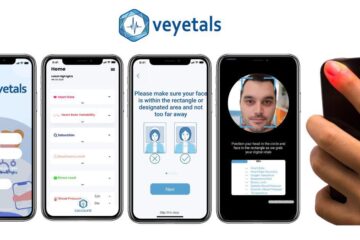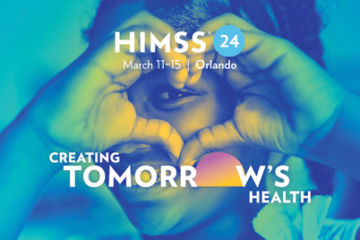Medically Reviewed By: Dr. Hanif Chatur
Table of Contents
ToggleKey Takeaways
- Real-Time Health Monitoring and Analysis: Health monitoring apps offer the ability to track vital signs like heart rate, blood pressure, and blood sugar levels in real time, providing immediate feedback and insights into long-term health patterns.
- Proactive Health Management: These apps not only monitor health metrics but also send alerts for deviations from normal ranges, enabling early detection and management of potential health issues, particularly beneficial for chronic conditions.
- Integration with Healthcare Providers: Many health apps have the capability to share data directly with healthcare providers, allowing for more personalized and effective medical interventions, enhancing the overall quality of care received.
Let’s face it; there’s no two ways about it. We live in the Age of Apps! Any requirement you can think of – and many more that you cannot – has an app for it. There’s an app to order vindaloo from Mr. Muthuswami down the street or enchiladas from Mr. Santiago two doors further, there’s an app to pay them, there’s an app to complain or compliment them, and there’s an app to call the ambulance when the vindaloo or enchiladas start debating Jean Paul Sartre with your bowels at 2 in the morning. In an era where technology has infiltrated almost every aspect of our lives, it should come as no surprise that we now have apps for how we manage our health too. With the ubiquitous presence of smartphones in our lives, healthcare management is beginning to rely on health monitoring apps in a very significant manner. These apps offer a convenient and accessible method to keep track of your vital signs, allowing for early detection of potential health issues and better management of chronic conditions. In this blog, we’ll explore the various ways in which health monitoring apps are transforming the landscape of personal healthcare.
The Rise of Health Monitoring Apps
Health monitoring apps have surged in popularity due to their convenience and the breadth of functions they offer. Having started from simple pedometers and food diaries that you used to install on your phones about a decade ago, these apps have gradually evolved into quite sophisticated health management platforms. You can now track a wide range of health vitals such as heart rate, blood pressure, blood sugar levels, oxygen saturation, and even sleep patterns with these apps and make informed decisions about your health on the basis of the data collected through them.
Key Features of Health Vitals Apps
1. Real-time Monitoring
One of the major strengths these health apps bring to the game is their ability to monitor your vitals in real-time. Many apps now have the ability to provide instant feedback on your health status by working in synchronicity with wearable technology, like smartwatches and fitness trackers, onto which they have been installed. This can be of particular advantage to individuals struggling with chronic conditions like hypertension or diabetes, where continuous monitoring is crucial.
2. Trends and Analytics
Given the right amount of computing power in the device itself or perhaps in the computer to which the health data is uploaded, apps can analyze the information over time and help you track your long term health patterns. You can acquire insights into the factors that might be affecting your vitals, like sedentary lifestyle, poor dietary choices, or high levels of stress. Armed with that knowledge, you are much better placed to make lifestyle adjustments to improve your overall health.
3. Alerts and Notifications
Many apps offer alert features that notify you when your vitals deviate from the normal range. This can be a lifesaver, especially for conditions that require immediate attention. For example, if a person with heart disease has an app that monitors their heart rate and detects an irregularity, it can prompt them to seek medical help promptly.
4. Sharing Data with Healthcare Providers
If the patient consents to sharing personal information, some apps can pass on your health data directly to your healthcare providers. When your doctor has a comprehensive view of your health over time, they’re in a position to more personalized and timely interventions and enhance the quality of care you receive.
The Impact of Health Monitoring Apps
These apps can have a significant impact on individual and public health. They have the potential to:
Increase health awareness: Experience indicates that when individuals are able to monitor their own vitals with extremely easy access from their smart devices, they very quickly get into the habit of frequently checking these health apps just like they check out their social media feeds. The abundance of available information enables them to become more aware of their health and of the importance of maintaining a healthy lifestyle.
Facilitate early detection: Continuous monitoring of vitals by your healthcare provider can lead to the early detection of health issues, which is often key in successful treatment.
Improve chronic disease management: For those with chronic conditions, these apps can help in managing their disease more effectively.
Enhance preventive care: By identifying potential health risks early on, individuals can take preventive measures to avoid serious health problems.
Choosing the Right Health Monitoring App
When selecting a health monitoring app, it’s important to consider the following:
Accuracy: Ensure the app has developed a strong reputation for providing accurate information.
Privacy: Check the app’s privacy policy to understand how your data will be used and protected.
Usability: The app should be user-friendly and easy to navigate.
Integration: It’s helpful if the app can integrate with other health apps or devices you use.
The Future of Health Monitoring Apps
With advances in AI and machine learning enhancing the capabilities of health monitoring apps, we can look forward to a future where these apps become as common as your “right swipe” types (yeah; I know what you’re up to in free time)t,. These apps are expected to become more predictive, providing not just real-time data but also forecasting potential health issues before they arise.
Conclusion
Health monitoring apps are a powerful tool in the quest for better personal health management. By mobilizing the awesome capabilities of these apps, individuals can acquire more control over their health and well-being than ever before. As technology continues to advance, we can expect these apps to become an integral part of healthcare, leading to a future where everyone has the resources to lead healthier lives.
Remember, however, that while health monitoring apps are beneficial, they are not a substitute for professional medical advice. Always consult with your healthcare provider for any health concerns or before making changes to your health regimen.
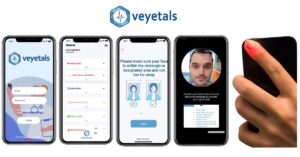
Revolutionize Your Wellness Routine: Monitor Vital Signs Anywhere with Veyetals App
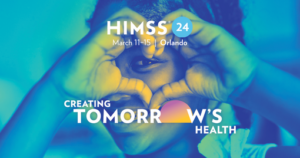
Experience the Future of Vitals Monitoring at HIMSS 2024

Understanding the Game-Changing Impact of Heart Rate Monitors on Cardiovascular Care and How You Can Use It
Unlock Your Health: Exploring the Power of Biometric Tracking for Wellness Insight
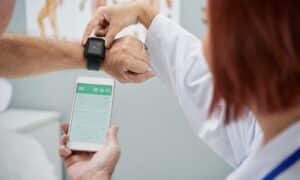
Revolutionizing ICU Patient Care: The Future of Contactless Monitoring Systems


